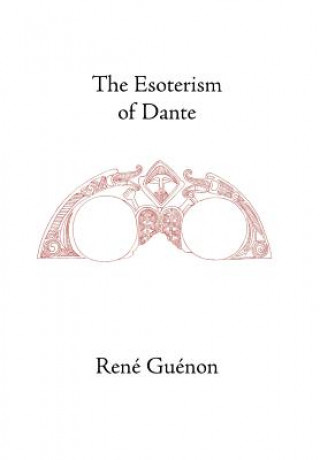
Kód: 08760795
Esoterism of Dante
Autor René Guénon
Especially since the Renaissance, some in Western Christendom have suspected that the deeper dimension of their tradition has somehow been lost, and have therefore sought to discover, or create, an 'esoteric' or 'initiatic' Christ ... celý popis
- Jazyk:
 Angličtina
Angličtina - Väzba: Pevná
- Počet strán: 108
Nakladateľ: Sophia Perennis et Universalis, 2005
- Viac informácií o knihe

Mohlo by sa vám tiež páčiť
-

Petersburg and Warsaw
34.14 € -

Old Court Life in France
36.39 € -3 % -

Daughter of France
34.45 € -3 % -
![Thereby. by Fayr Madoc. [A Novel.] Thereby. by Fayr Madoc. [A Novel.]](https://media.libris.to/jacket/08048863t.jpg)
Thereby. by Fayr Madoc. [A Novel.]
31.58 € -3 % -

Mi Corazon My Heart
16.25 € -

Faces of Love
28.52 € -
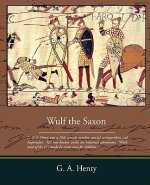
Wulf the Saxon
30.87 €
Darujte túto knihu ešte dnes
- Objednajte knihu a vyberte Zaslať ako darček.
- Obratom obdržíte darovací poukaz na knihu, ktorý môžete ihneď odovzdať obdarovanému.
- Knihu zašleme na adresu obdarovaného, o nič sa nestaráte.
Viac informácií o knihe Esoterism of Dante
Nákupom získate 82 bodov
 Anotácia knihy
Anotácia knihy
Especially since the Renaissance, some in Western Christendom have suspected that the deeper dimension of their tradition has somehow been lost, and have therefore sought to discover, or create, an 'esoteric' or 'initiatic' Christianity. In the middle of the nineteenth century two scholars, Gabriele Rossetti and Eugčne Aroux, pointed to certain esoteric meanings in the work of Dante Alighieri, notably The Divine Comedy. Partly based on their scholarship, Guénon in 1925 published The Esoterism of Dante. From the theses of Rosetti and Aroux, Guénon retains only those elements that prove the existence of such hidden meanings; but he also makes clear that esoterism is not 'heresy' and that a doctrine reserved for an elite can be superimposed on the teaching given the faithful without standing in opposition to it. One of René Guénon's lifelong quests was to discover, or revive, the esoteric, initiatory dimension of the Christian tradition. In the present volume, along with its companion volume Insights into Christian Esoterism (which includes the separate study Saint Bernard), Guénon undertakes to establish that the three parts of The Divine Comedy represent the stages of initiatic realization, exploring the parallels between the symbolism of the Commedia and that of Freemasonry, Rosicrucianism, and Christian Hermeticism, and illustrating Dante's knowledge of traditional sciences unknown to the moderns: the sciences of numbers, of cosmic cycles, and of sacred astrology. In these works Guénon also touches on the all-important question of medieval esoterism and discusses the role of sacred languages and the principle of initiation in the Christian tradition, as well as such esoteric Christian themes and organizations as the Holy Grail, the Guardians of the Holy Land, the Sacred Heart, the Fedeli d'Amore and the 'Courts of Love', and the Secret Language of Dante. In addition to Dante, various other paths toward a possible Christian esoterism have been explored by many investigators-the legend of the Holy Grail, the Knights Templars, the tradition of Courtly Love, Freemasonry, Rosicrucianism, and Christian Hermeticism-and Guénon deals with all of these in the present volume as well as his Insights into Christian Esoterism. In the latter, one chapter in particular, 'Christianity and Initiation', will be of special interest with regard to the history of the Traditionalist School. When first published as an article, it gave rise to some controversy because Guénon here reaffirmed his denial of the efficacy of the Christian sacraments as rites of initiation, a point of divergence between the teachings of Guénon and those of other key perennialist thinkers. Both The Esoterism of Dante and Insights into Christian Esoterism will be of inestimable value to all who are struggling to come to terms with the fullness of the Christian tradition.
 Parametre knihy
Parametre knihy
Zaradenie knihy Knihy po anglicky Humanities Religion & beliefs Religion: general
33.12 €
- Celý názov: Esoterism of Dante
- Autor: René Guénon
- Jazyk:
 Angličtina
Angličtina - Väzba: Pevná
- Počet strán: 108
- EAN: 9781597310581
- ISBN: 9781597310581
- ID: 08760795
- Nakladateľ: Sophia Perennis et Universalis
- Hmotnosť: 338 g
- Rozmery: 165 × 238 × 19 mm
- Dátum vydania: 16. May 2005
Obľúbené z iného súdka
-

Waking Up
10.93 € -24 % -

The Righteous Mind
14.41 € -23 % -

End of Faith
9.91 € -17 % -

Death
6.33 € -

God's Undertaker
12.26 € -23 % -
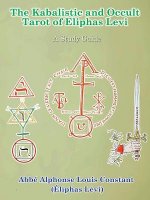
Kabalistic and Occult Tarot of Eliphas Levi
32.09 € -

Anarchy Evolution
15.33 € -21 % -
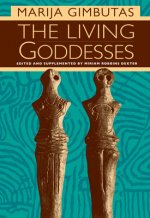
Living Goddesses
36.29 € -12 % -

Original Aramaic New Testament in Plain English with Psalms & Proverbs (8th Edition Without Notes)
35.57 € -

Scientific Healing Affirmations
6.84 € -

Conversations With God
10.93 € -24 % -

The Psychology of Selling
15.53 € -23 % -

As a Man Thinketh
6.53 € -

Holy Bible
60.01 € -
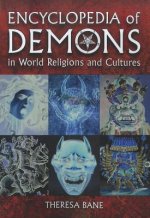
Encyclopedia of Demons in World Religions and Cultures
57.86 € -

American Cosmic
20.75 € -24 % -
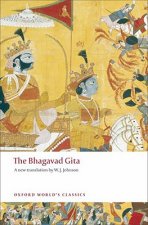
Bhagavad Gita
8.37 € -18 % -

Koran
21.87 € -

Secular Age
88.23 € -

Mabon
11.65 € -18 % -

Religion for Atheists
14.20 € -16 % -
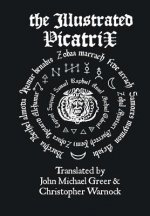
Illustrated Picatrix: the Complete Occult Classic of Astrological Magic
62.66 € -

Cosmic Chemistry
16.55 € -23 % -

Princess Majestic Bible Tabs
7.15 € -5 % -
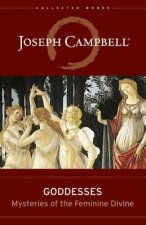
Goddesses
22.79 € -19 % -

You Are the Universe
15.53 € -23 % -

Good Morning, Holy Spirit
16.55 € -23 % -
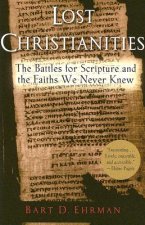
Lost Christianities
18.80 € -19 % -
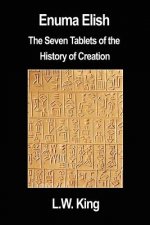
Enuma Elish
19.72 € -

Golden Bough
21.36 € -

Mary Magdalene and the Divine Feminine
16.66 € -3 % -
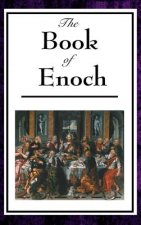
Book of Enoch
24.32 € -
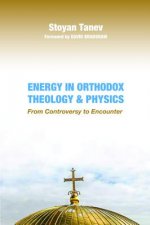
Energy in Orthodox Theology and Physics
42.63 € -

History of God
14.41 € -23 % -

Religions Book
19.93 € -21 % -
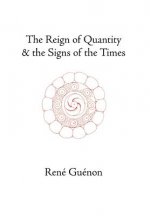
Reign of Quantity and the Signs of the Times
39.15 € -
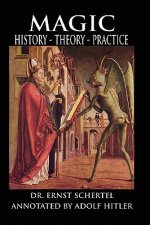
Magic: History, Theory, Practice
23.81 € -

Little History of Religion
13.59 € -16 % -

Experience of God
17.78 € -16 % -
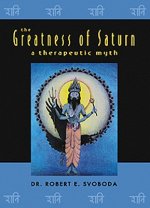
The Greatness of Saturn
13.18 € -19 % -
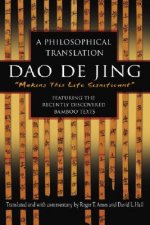
Dao De Jing
17.37 € -5 % -
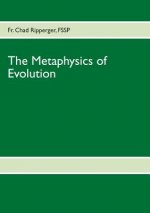
Metaphysics of Evolution
13.79 € -
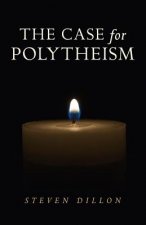
Case for Polytheism
13.18 € -2 % -

History of Israel, Fourth Edition
53.77 € -3 % -

Rightly Dividing the Word (Religion)
36.69 € -
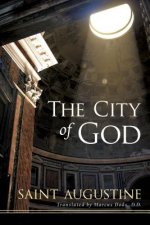
City of God
20.03 € -1 % -

Fallen Angels and the Origins of Evil
18.50 € -3 % -
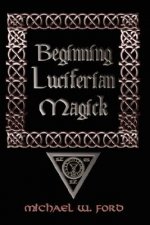
Beginning Luciferian Magick
20.85 € -
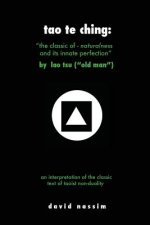
Tao Te Ching - by Lao Tsu
18.80 €
Osobný odber Bratislava a 2642 dalších
Copyright ©2008-24 najlacnejsie-knihy.sk Všetky práva vyhradenéSúkromieCookies



 21 miliónov titulov
21 miliónov titulov Vrátenie do mesiaca
Vrátenie do mesiaca 02/210 210 99 (8-15.30h)
02/210 210 99 (8-15.30h)